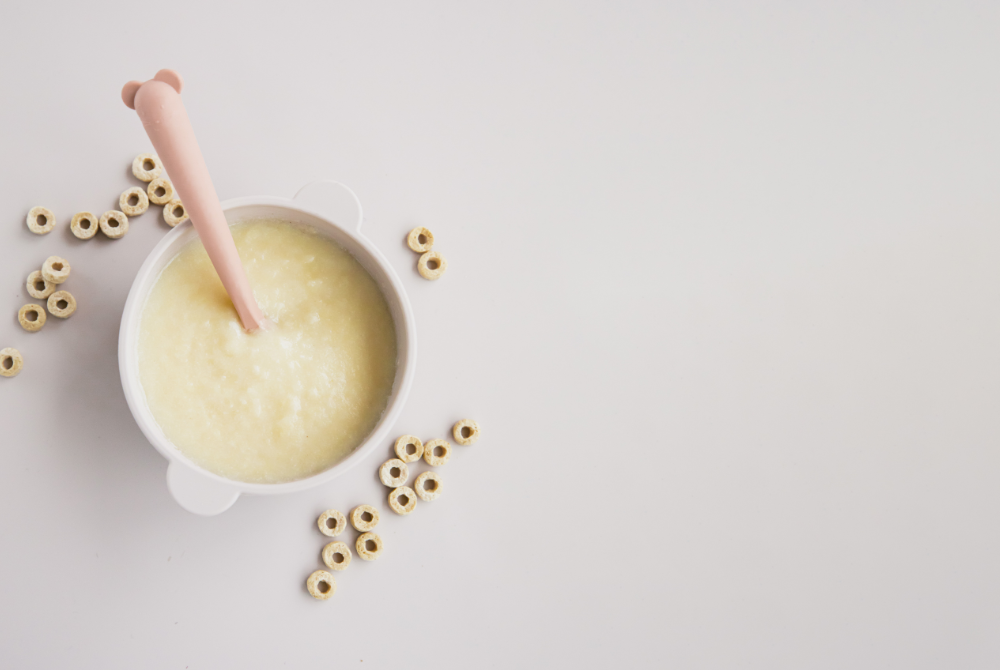Nestlé slammed for adding sugar to baby food
Samples of certain follow-on milk products for infants from Germany, France and Britain contained no added sugar.
18 Apr 2024 03:57pm

Photo for illustration purpose only. - Photo by Canva
Developing and emerging countries are affected, while Western countries are not, said the report by the Swiss organisation Public Eye, which was released on Wednesday ahead of the annual general meeting of Nestlé shareholders.
"Nestlé is making babies and toddlers in lower-income countries addicted to sugar," said the report. Public Eye called on Nestlé to end "the double standards". Nestlé did not dispute the results of the laboratory analyses when asked.
According to the analyses carried out by Public Eye and the International Baby Food Action Network (IBFAN) in a Belgian laboratory, samples of certain follow-on milk products for infants from Germany, France and Britain contained no added sugar.
However, samples from countries such as Bangladesh, India, Pakistan, South Africa, Ethiopia and Thailand were found to contain between 1.6 grammes and six grammes of added sugar per portion.
The laboratory also found a lot of sugar in cereal products for babies, including in products sold in Europe.
"We continue to develop and reformulate our infant cereals to further reduce the amount of added sugars without compromising on quality, safety and flavour. In some countries in Europe, there are products without added sugar, in addition to the traditional products with added sugar," Nestlé said.
Nutrition experts say that if children become accustomed to the taste of sugar at an early age, they tend to eat more sugary products later in life. This can lead to obesity or favours diseases, such as diabetes.
In the past, Nestlé was criticised for promoting formula milk in developing countries. Many mothers thought this was healthier than their own breast milk. However, because clean water was not available in many places, it put babies at risk.
Nestlé has stated it "firmly believes that breastmilk is the ideal food for babies, and we support the World Health Organisation's recommendation of exclusive breastfeeding for the first six months of life, followed by continued breastfeeding along with the introduction of complementary foods". - BERNAMA-dpa












